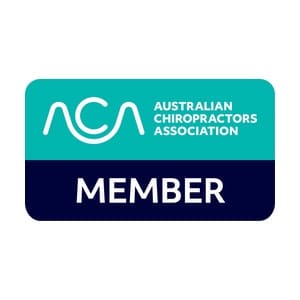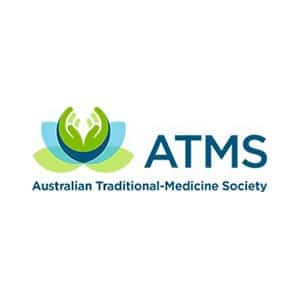Exercise is great for the body to train your heart to be able to deal with added stress. Not only will exercise improve your fitness levels, it will also help to increase muscle mass and decrease body fat.
National guidelines recommend 30 minutes of moderate intensity exercise on most days of the week to reap the health benefits, however according to the National Health Survey 2007-2008, 72% of Australians aged 15 years and over have low exercise levels.
Daily exercise helps to improve your weight control, prevents heart disease, reduce your risk of Type 2 Diabetes, lowers risk of some cancers, improves your mental health, reduces severity of osteoarthritis, and improves your bone density for stronger bones. With all of these benefits, it’s no wonder some people get hooked!
With regards to sports nutrition, elite sportspeople and those training for high level events are often lacking in the right amounts of protein, carbohydrates and fats suitable for the intensity of their training loads. Different types of training requires different nutritional needs, for example, endurance training requires more carbohydrate than resistance training. However, no matter how you exercise, it is important to provide your body with enough nutrients to assist in recovery and improve sports performance.
Strenuous daily training requires a high-energy, high nutrient diet. If you don’t meet these nutritional needs, then you will fail to recover properly between training sessions, and this can cause fatigue, loss of lean body mass, and poor performance.
Before training it is important to fuel your body with foods that are low in fat and moderate in fibre. A general guide is to have a meal about 3-4 hours before exercise or a lighter snack about 1-2 hours before exercise. However, it is not always practical to eat a meal 3-4 hours before exercise especially if you train early in the morning, so opt for a light snack about an hour before exercise. Some fruit or a cereal bar on the way to training along with some fluid such as a glass of milk or juice would be appropriate.
During exercise, your muscle fibres are broken down due to the stress of the workout. This break down of muscle fibres is important to allow your muscles to grow during the repair process which happens in the days immediately following your workout. Your body needs fuel to repair the muscles, and if it doesn’t receive the fuel from your food, it has to utilise the broken down muscle as fuel for recovery. This leads to plateau in muscle gains, as well as placing you at risk of exhaustion from overtraining.
The best kind of fuel to provide your muscles are amino acids in the form of protein, as well as carbohydrates to provide your body the energy it needs to go through this recovery process. For example a fruit smoothie, flavoured yoghurt or milk, cereal with milk or a sandwich with lean meat, cheese or peanut butter inside. Protein shakes are a convenient way to get the protein and carbohydrate that your body needs straight after a workout.
Nutrition is just as important as training is if you want to improve your performance. Eating the right foods before and after a workout can boost your muscle growth and recovery so that you can continue performing at an even higher level.





